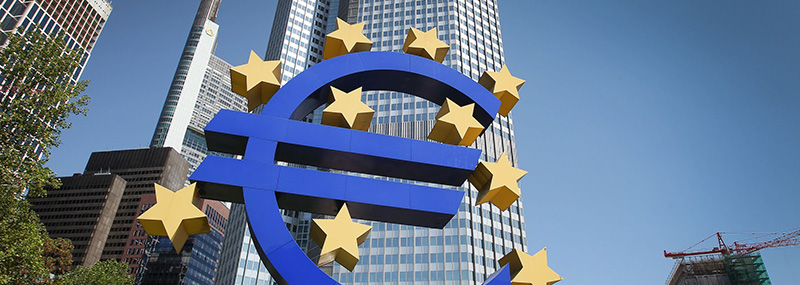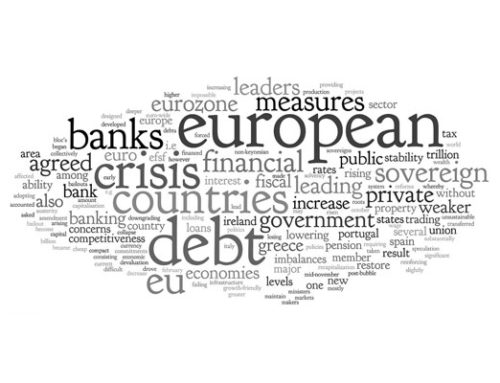EU financial management affected by Commission and Member States misspending:

An audit of the 2011 European Union accounts shows that while the revenue and commitments indicate accurate results, errors in payments affect 3.9 % of the EU budget as a whole. An amount even higher than the one recorded the previous year clearly indicating a change in expense management is needed.
In their latest investigation on budget spending, the European Court of Auditors (ECA) found too many cases of money not reaching its target or being used improperly, deviated from its original target.
More efficiency must be a top priority in the future goals in budget allocation. On the matter, ECA president Vitor Caldeira states:
“Member States must agree on better rules for how the EU money is spent, and Member States and the Commission must enforce them properly. In this way, the EU budget could be used more efficiently and effectively to deliver greater added value for citizens.”
A close look at this exercise shows that taking conclusions of such misspending is a more difficult exercise than it would seem. Spending in agriculture and natural resources show a fearfully increase in error, going from 2.3% to 4.0%. Likewise, error in the research and other internal policies increased from 1.4% to 3.0%. Immediate conclusions would clearly indicate those are the two fields that need the closest attention to avoid further expenditure errors.
While such decisions would undoubtedly prove effective – certainly with agricultural spending taking the biggest part of the allocations with 80% – studies indicate the highest rate of error and misspending are found in an area where the overall rate is falling.
It is in fact the regional policy – energy and transport field that shows the most affected by material error. With 59% of audited transactions affected, it is the highest in the list and wouldn’t even stand out by overlooking the absolute rates decreasing in that policy area.
In example, a project involving the co-financing of new metal processing machines, the revenue generated from the sale of the old machinery was not deducted from the expenditure declared for co-financing. As a consequence the beneficiary received more money from the EU than it was entitled to.
While ECA has called for simpler spending schemes with clearer objectives for many years, time has come to put these into place as quickly as possible if Europe as a whole wants to gain in efficiency and stay competitive on a global scale.




